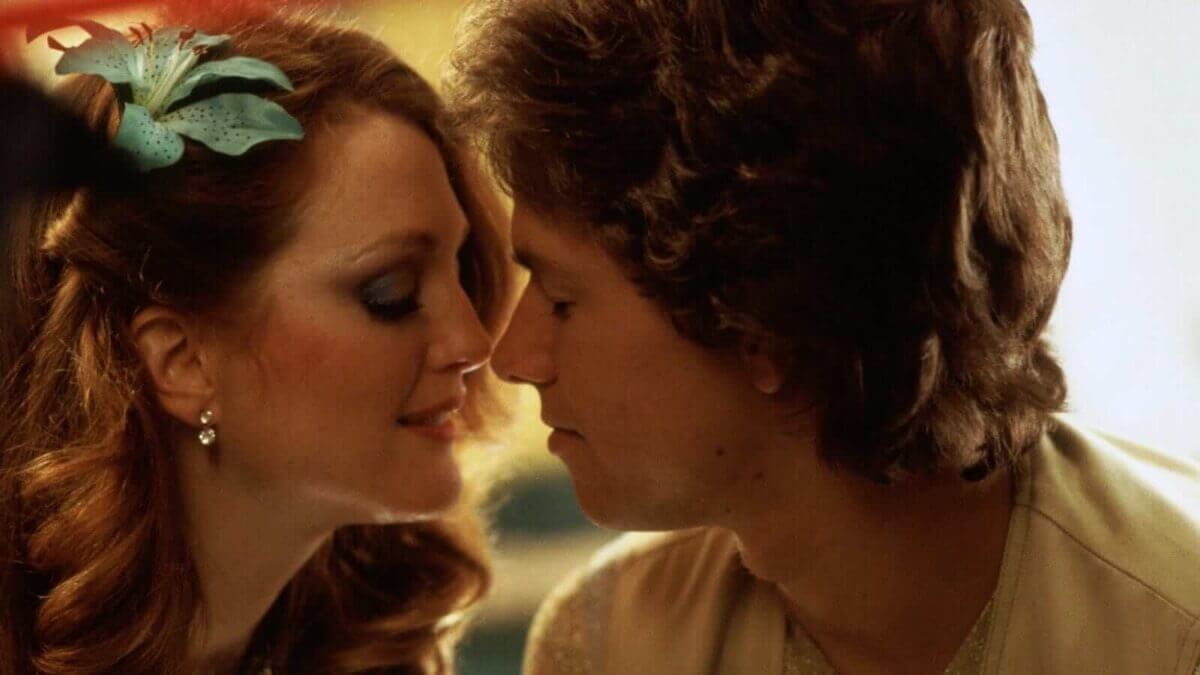Jodi Lyn Okeefe Nude
Exploring the Complexities of Celebrity Culture and Privacy in the Digital Age
In the era of digital media, the intersection of celebrity culture, privacy, and public perception has become increasingly complex. The topic of “Jodi Lyn O’Keefe nude” often surfaces in discussions surrounding the exploitation of celebrities, the ethics of media consumption, and the broader implications of privacy in the digital age. This article delves into these issues, examining the historical context, societal attitudes, and the impact on individuals like Jodi Lyn O’Keefe, while also providing a balanced analysis of the challenges faced by public figures.
The Evolution of Celebrity Privacy
A Brief History of Celebrity Privacy
Celebrity culture has undergone significant transformations over the decades. In the early 20th century, stars were often shielded by studio systems that controlled their public image. However, the advent of paparazzi in the 1950s and the rise of tabloid journalism in the 1980s marked a shift toward invasive practices. The digital age has exacerbated this trend, with the internet enabling instantaneous dissemination of private information and images.
"The line between public interest and private life has become increasingly blurred, leaving celebrities vulnerable to exploitation," notes media scholar Dr. Emily Carter.
The Impact of Unauthorized Image Sharing
The Consequences of Non-Consensual Content
- Pro: Some argue that public figures implicitly consent to scrutiny by choosing a life in the spotlight.
- Con: Critics emphasize that non-consensual sharing of private images violates fundamental human rights and perpetuates a culture of objectification.
The unauthorized sharing of intimate images not only harms the individual but also reinforces harmful societal norms, particularly regarding women in the public eye.
Legal and Ethical Considerations
Laws and Protections
Many jurisdictions have introduced laws to combat non-consensual image sharing, often referred to as "revenge porn." However, enforcement remains challenging, particularly in the globalized digital landscape. Celebrities like Jodi Lyn O'Keefe often face additional hurdles due to their high-profile status, as their cases attract widespread attention and scrutiny.
Steps to Address Non-Consensual Content
- Report the content to the platform hosting it.
- Seek legal counsel to explore potential legal actions.
- Engage with advocacy groups to raise awareness and support policy changes.
The Role of Media Literacy
Understanding Media Consumption
Media literacy plays a crucial role in shaping public attitudes toward celebrity privacy. Consumers must critically evaluate the sources of information and consider the ethical implications of their actions. The demand for sensational content often drives the creation and dissemination of invasive material, perpetuating a harmful cycle.
"Every click on invasive content reinforces the market for it, making it essential for consumers to act responsibly," says digital ethics expert Mark Thompson.
Case Study: Jodi Lyn O’Keefe
Navigating Public Scrutiny
Jodi Lyn O'Keefe, known for her roles in television and film, has faced the challenges of being a public figure in the digital age. Like many celebrities, she has had to navigate the complexities of maintaining privacy while remaining relevant in a competitive industry. Her experiences highlight the broader issues faced by women in entertainment, where personal boundaries are often disregarded in favor of public consumption.
Future Trends and Societal Responsibility
The Path Forward
As technology continues to evolve, so too must societal attitudes toward privacy and consent. The rise of artificial intelligence and deepfake technology poses new threats, making it imperative to strengthen legal protections and foster a culture of respect. Public figures like Jodi Lyn O'Keefe serve as important reminders of the human cost of unchecked exploitation.
The fight for celebrity privacy is not just about protecting individuals but about upholding fundamental principles of dignity and respect for all.
FAQs
What are the legal consequences of sharing non-consensual images?
+In many jurisdictions, sharing non-consensual images is a criminal offense, punishable by fines and imprisonment. However, enforcement varies widely, and victims often face additional challenges in proving intent and jurisdiction.
How can individuals support celebrities facing privacy violations?
+Individuals can support by refusing to engage with or share invasive content, advocating for stronger legal protections, and promoting media literacy to reduce demand for such material.
What role do social media platforms play in addressing this issue?
+Social media platforms have a responsibility to implement robust policies and tools to detect and remove non-consensual content promptly. However, their effectiveness often depends on user reporting and algorithmic accuracy.
How does non-consensual image sharing affect mental health?
+Victims often experience severe emotional distress, including anxiety, depression, and trauma. The public nature of the violation can exacerbate these effects, making recovery particularly challenging.
Conclusion
The issue of “Jodi Lyn O’Keefe nude” is emblematic of broader societal challenges surrounding privacy, consent, and the ethics of media consumption. By examining these complexities, we can foster a more informed and empathetic public discourse. Ultimately, the goal is not just to protect celebrities but to uphold the principles of dignity and respect for all individuals in the digital age.
